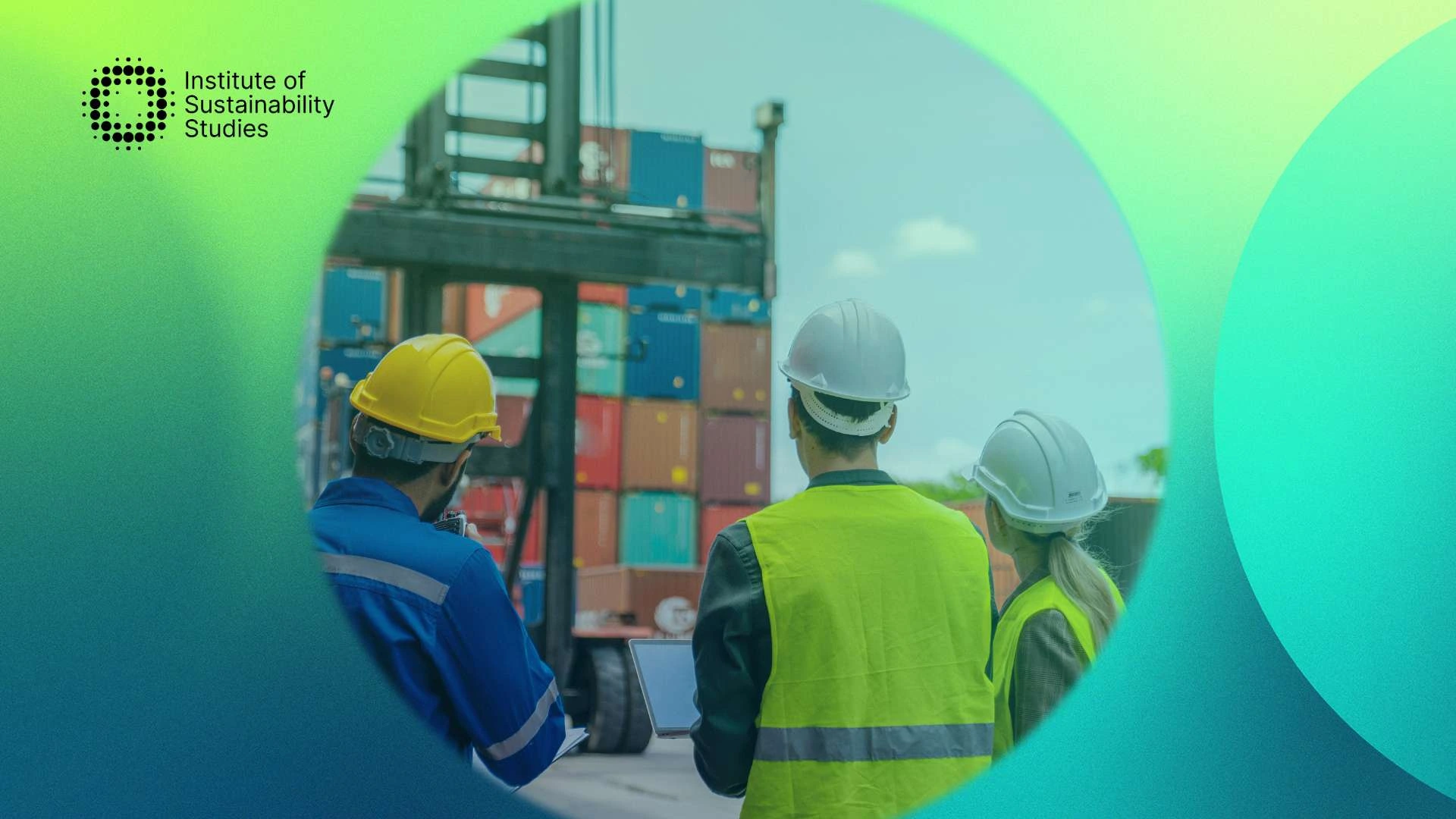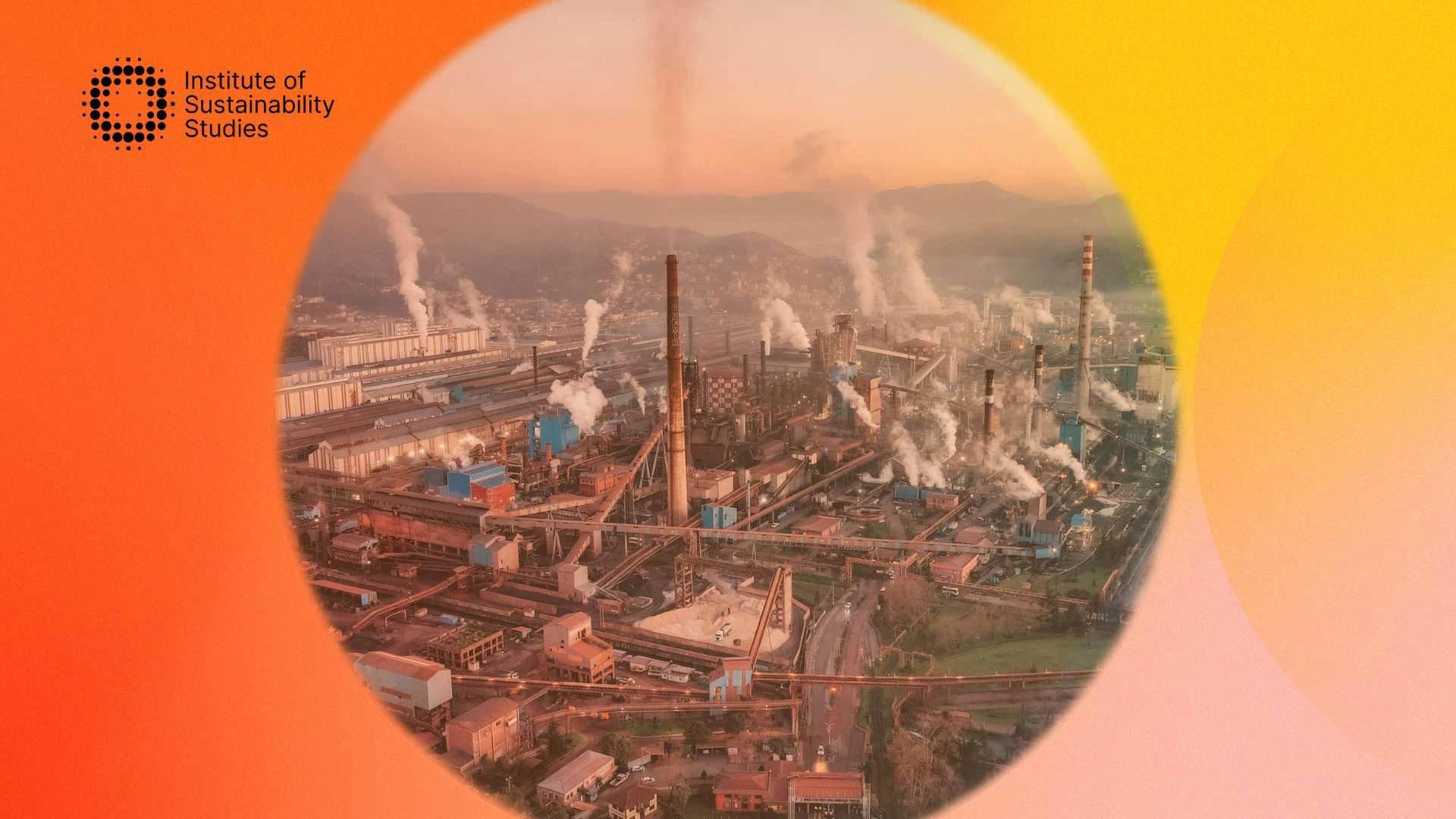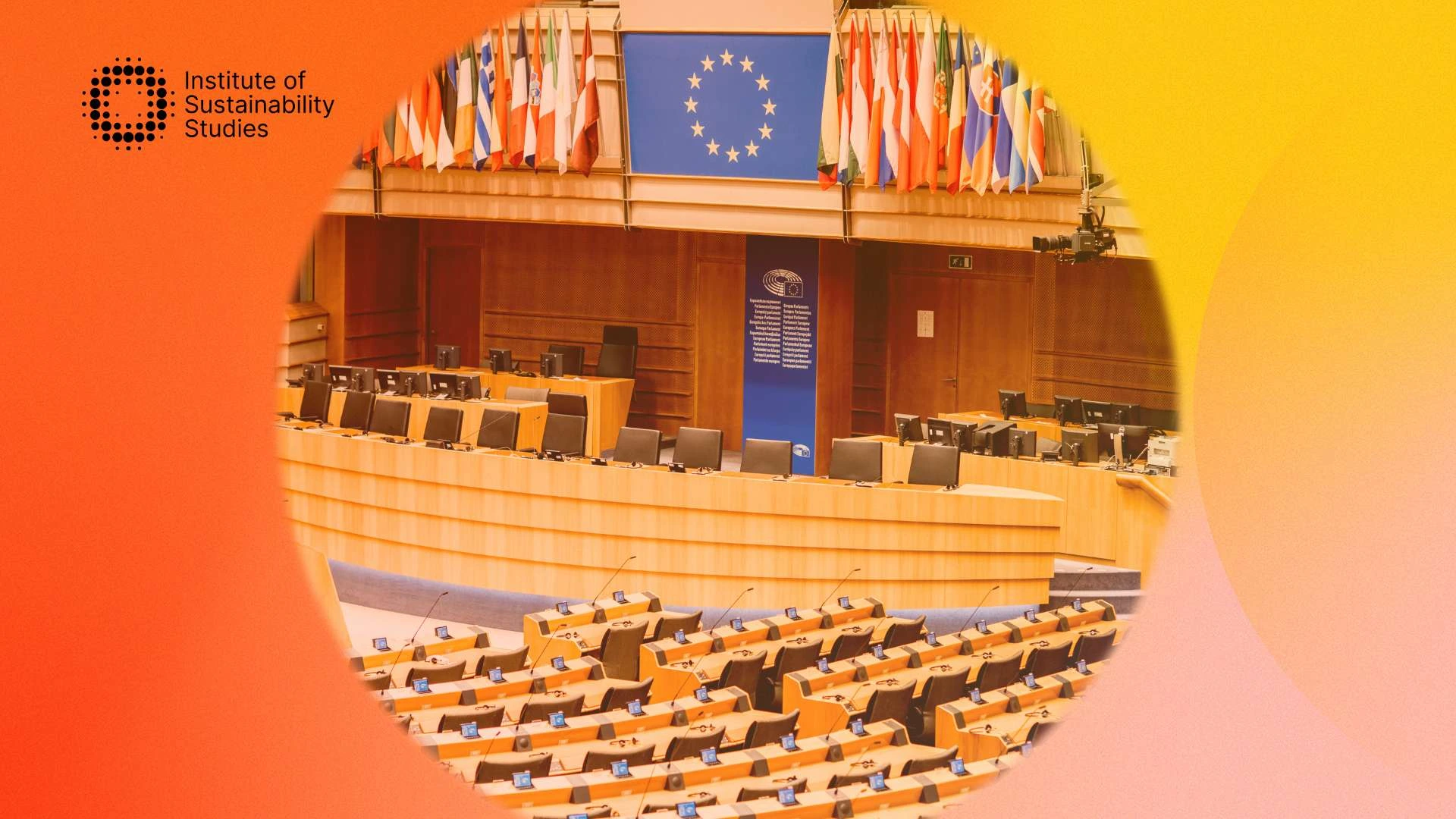Imagine a group of large companies coming together to tackle one of the most pressing business sustainability challenges: decarbonising high-emission sectors. This vision is being realised by the First Movers Coalition (FMC), an initiative announced at COP26 to create early markets for low-carbon technologies.
FMC members aren’t just committing to and working towards net zero objectives; they are actively reshaping industries like shipping, aviation, and steel by investing in groundbreaking climate technologies. Continue reading to discover how the FMC is transforming industries from within and offering a powerful model for meaningful climate action.
What is the First Movers Coalition?
The First Movers Coalition (FMC) was launched by the World Economic Forum and the U.S. government at COP26 to drive demand for emerging, low-carbon technologies. This coalition brings together major companies from sectors that are difficult to decarbonise, like aviation, shipping, and steel. It then encourages them to commit to purchasing technologies that minimise greenhouse gas emissions. By leveraging their purchasing power, these companies strive to create an early market for innovations required to achieve net-zero emissions by 2050.
Members of the FMC include companies like Apple, Amazon, and Mahindra Group. These companies make targeted commitments within specific industries to accelerate the deployment of these technologies. For instance, companies within the aviation industry are committed to harnessing Sustainable Aviation Fuel (SAF), whilst steel buyers pledge to purchase near-zero emissions steel. This approach supports decarbonisation but also incentivises innovation and investment in green technology across sectors.
The FMC has created tools to support these efforts, like the First Suppliers Hub, which is a database of suppliers working to achieve FMC’s decarbonisation thresholds. Through initiatives such as these, the FMC is empowering companies to not just offset emissions but make substantial, systemic changes to reduce them at the source, aligning with the goals of the Paris Agreement. It highlights how strategic partnerships and market-based commitments can stimulate the development and scaling of climate solutions across high-emission industries.
Achievements of the FMC since COP28
In just two years, FMC member companies have moved to make good on their commitments, with 94 offtake agreements already signed to buy emerging green technologies. Some such highlights include Volvo, a founding member of FMC, making a deal with Holcim for the biggest commercial order of heavy-duty battery electric trucks.
By 2030, Holcim, the world’s largest building solutions provider, will replace 1000 diesel trucks with 1000 Volvo’s zero-emission trucks. In the carbon dioxide removal (CDR) industry, Microsoft has signed an offtake agreement with Ørsted. The multinational corporation will purchase approximately 2.7 million tonnes of durable CDR credits over 11 years.
This will represent one of the biggest CDR offtake agreements to date. In the maritime industry, Yara Clean Ammonia and Höegh Autoliners, both members of the FMC, have reached an agreement to supply clean ammonia for Höegh’s next car carrier ships. The twelve vessels are equipped to operate on methanol and zero-carbon ammonia and will be some of the most sustainable car carriers ever built.
Another founding member of FMC, Amazon, co-launched a request for proposal to ship 600,000 twenty-foot equivalent units (TEUs) on zero emissions vessels over 3 years. This will result in a 1 million metric tonne reduction in carbon emissions. To increase SAF production in the aviation industry, FMC members Bank of America, Ecolab, and Delta partnered with Xcel Energy and Greater MSP to create the Minnesota SAF Hub.
Conclusion
The First Movers Coalition (FMC) exemplifies how influential companies can collectively leverage their purchasing power to create demand for low-carbon technologies in high-emission industries. Rather than merely offsetting emissions, FMC members are fostering systemic change by committing to use and support emerging technologies in areas like shipping, aviation, and construction.
This approach not only stimulates investment in sustainable innovations but also helps build resilient supply chains for the future. As the coalition continues to set bold goals and establish ambitious partnerships, it will be fascinating to observe how these early commitments translate into tangible results on a larger scale. The success of FMC could serve as a blueprint for other sectors, and its upcoming milestones may redefine corporate responsibility in achieving a sustainable, net-zero future.










